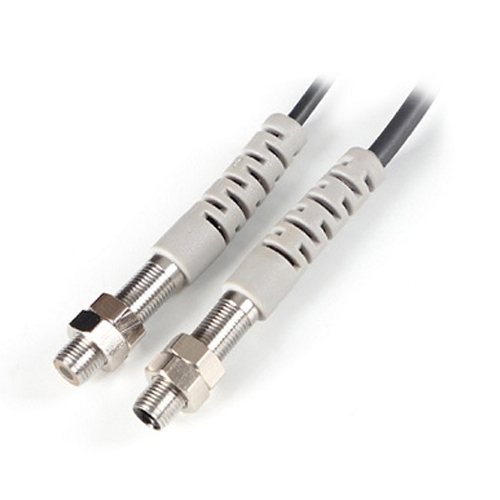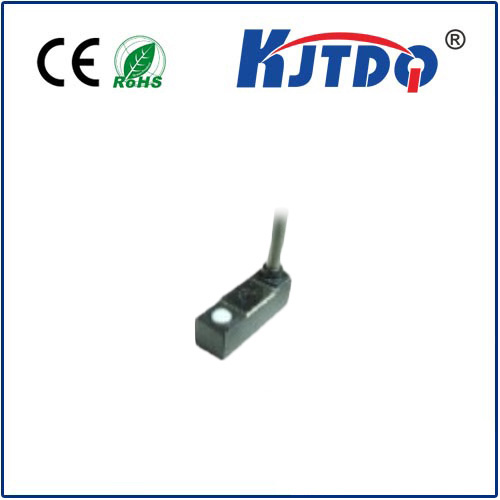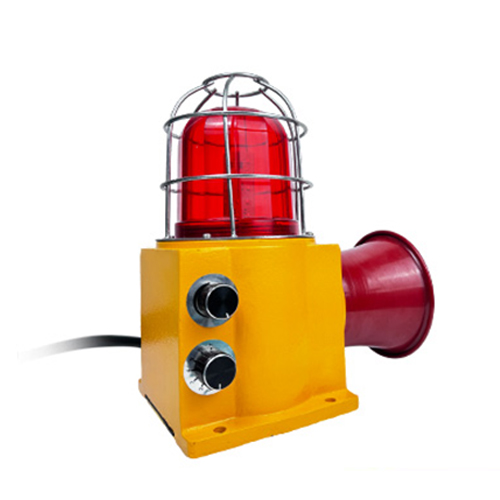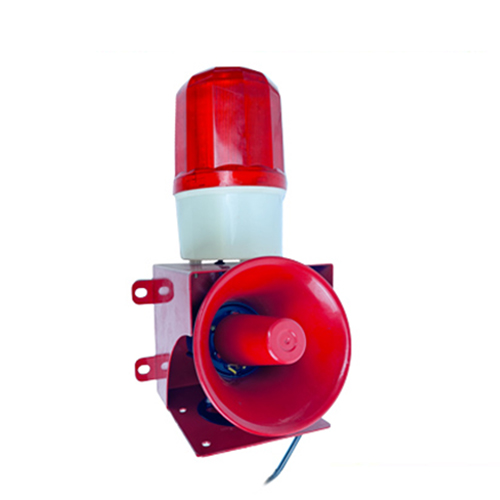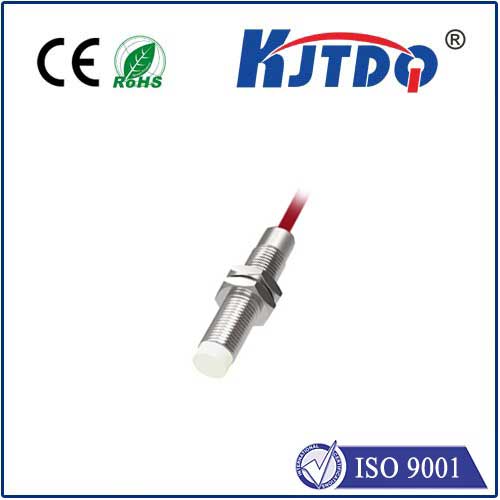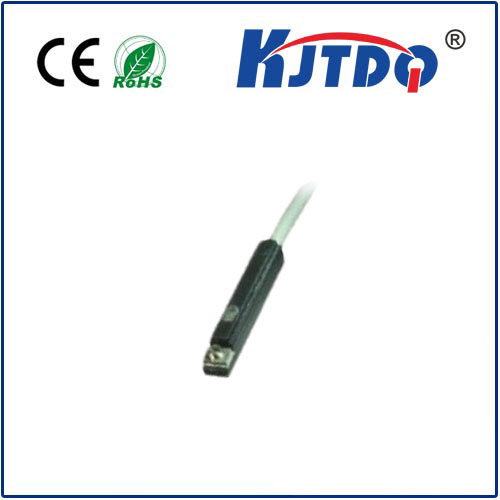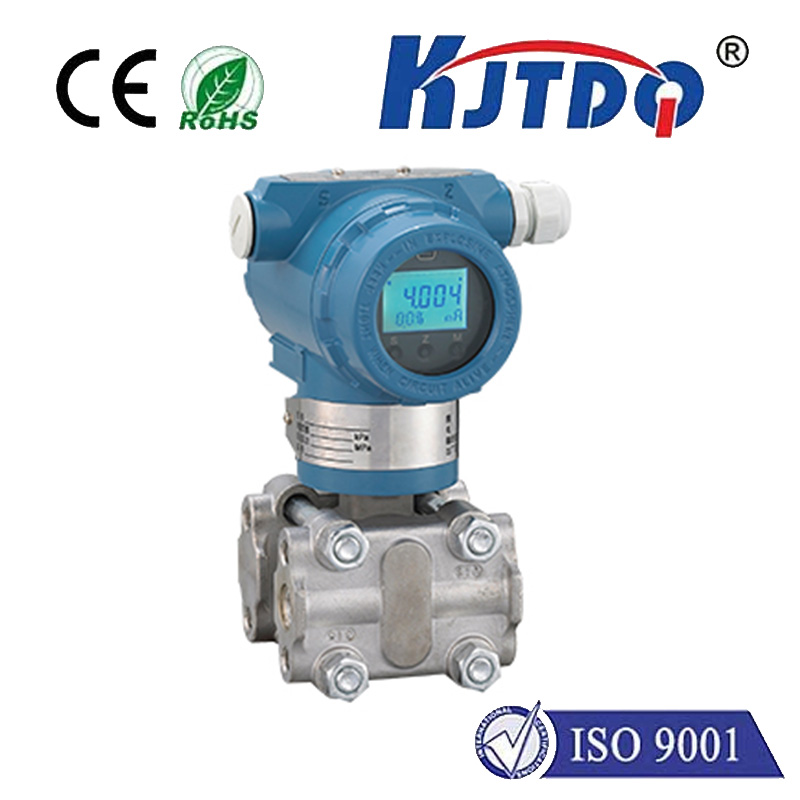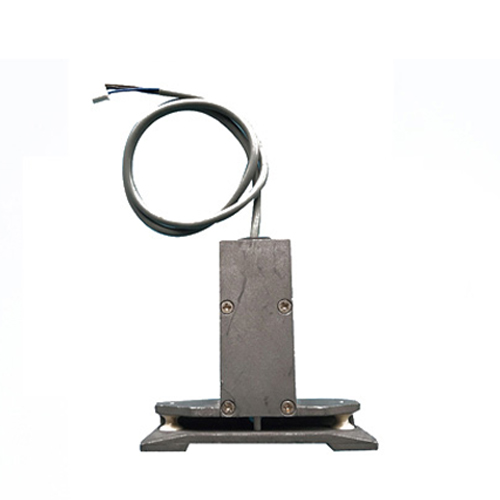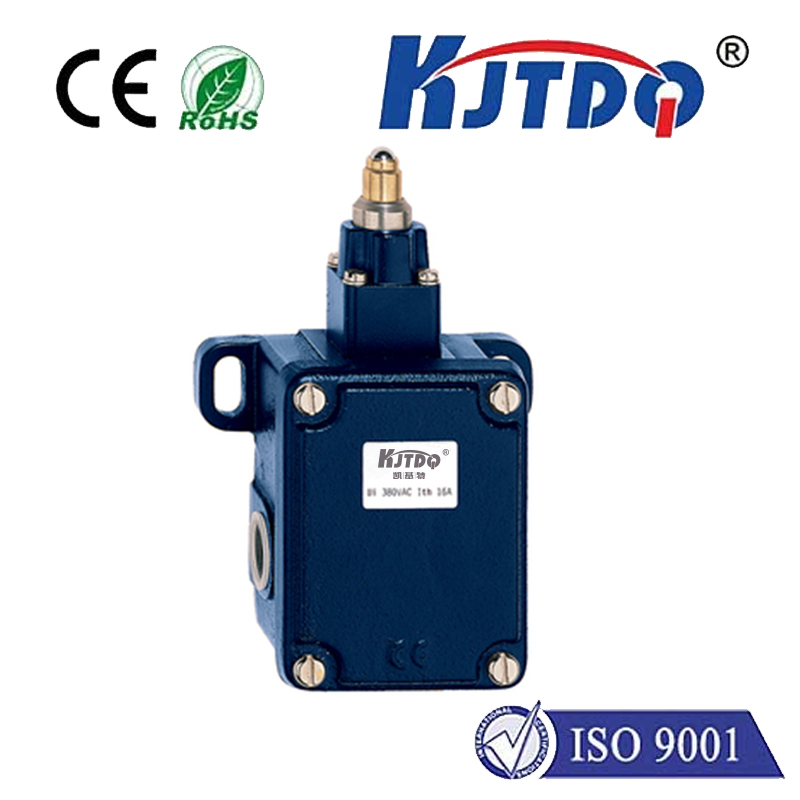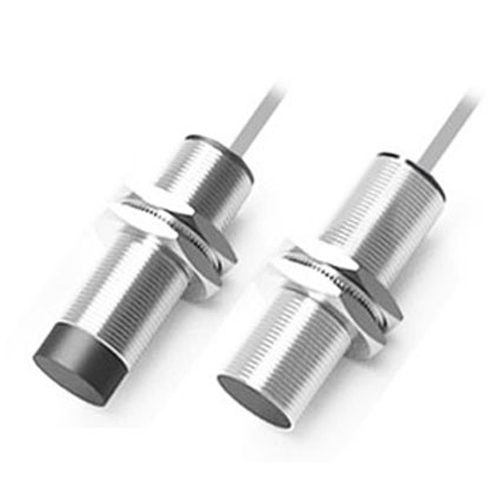Unlocking Precision: The Power of 2D Laser Profile Scanners in Modern Applications In a world where precision and efficiency are paramount, the 2D laser profile scanner has emerged as a game-changing technology. Whether in manufacturing, robotics, or quality control, this advanced tool is revolutionizing how industries measure, inspect, and analyze surfaces with unparalleled accuracy. But what exactly is a 2D laser profile scanner, and why is it becoming indispensable across various sectors? Let’s dive into the details.
А.2D laser profile scanner is a non-contact measurement device that uses laser triangulation to capture the surface profile of an object in two dimensions. It projects a laser line onto a target surface, and a high-resolution camera captures the deformation of this line. By analyzing the deformation, the scanner generates a precise 2D profile of the object’s surface, including its height, depth, and contours. This technology is particularly valuable in applications where traditional contact-based measurement tools fall short. It offers high-speed scanning, sub-micron accuracy, and the ability to measure delicate or complex surfaces without causing damage.
One of the standout features of a 2D laser profile scanner is its ability to deliver sub-micron level accuracy. This makes it ideal for applications like semiconductor inspection, precision machining, and medical device manufacturing, where even the slightest deviation can lead to significant issues.
Unlike traditional tools that require physical contact with the object, a 2D laser profile scanner operates without touching the surface. This not only prevents damage to delicate materials but also ensures consistent results over repeated measurements.
In industries where time is money, the fast scanning speed of these devices is a major advantage. They can capture thousands of profiles per second, making them perfect for real-time inspection and quality control on production lines.

From flat surfaces to complex geometries, 2D laser profile scanners can handle a wide range of shapes and materials. They are used in industries as diverse as automotive, aerospace, electronics, and even archaeology.
Many modern 2D laser profile scanners are designed to be easily integrated into existing systems. With compatibility for various software platforms and communication protocols, they can seamlessly fit into automated workflows.
In manufacturing, ensuring that every component meets strict dimensional tolerances is critical. 2D laser profile scanners are used to inspect parts for defects, measure dimensions, and verify assembly accuracy. For example, in the automotive industry, they are used to check the alignment of body panels and the precision of engine components.
Robotic systems rely on accurate data to perform tasks like pick-and-place, welding, and assembly. 2D laser profile scanners provide real-time feedback, enabling robots to adapt to variations in object position, shape, or orientation. This is particularly useful in industries like electronics assembly and packaging.
From detecting scratches on glass to identifying cracks in metal, 2D laser profile scanners excel at surface inspection. They are widely used in industries like semiconductor manufacturing and metallurgy, where even minor defects can lead to product failure.
While 2D laser profile scanners capture cross-sectional profiles, they can also be used to create 3D models by scanning an object from multiple angles. This is particularly useful in reverse engineering, where a physical object is digitized for analysis or replication.
In the medical field, 2D laser profile scanners are used to measure implants, inspect medical devices, and even analyze biological samples. Their non-contact nature and high precision make them ideal for applications where hygiene and accuracy are paramount.
When selecting a 2D laser profile scanner, several factors should be considered:
As technology continues to advance, the capabilities of 2D laser profile scanners are expected to grow even further. Innovations in artificial intelligence and machine learning are enabling these devices to not only capture data but also analyze it in real-time, providing actionable insights. Additionally, the development of more compact and affordable models is making this technology accessible to a wider range of industries and applications. In conclusion, the 2D laser profile scanner is a versatile and powerful tool that is transforming the way industries approach measurement and inspection. Its ability to deliver high-speed, non-contact, and highly accurate data makes it an invaluable asset in today’s fast-paced and precision-driven world. Whether you’re in manufacturing, robotics, or quality control, this technology can help you achieve new levels of efficiency and accuracy.
